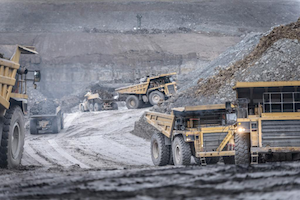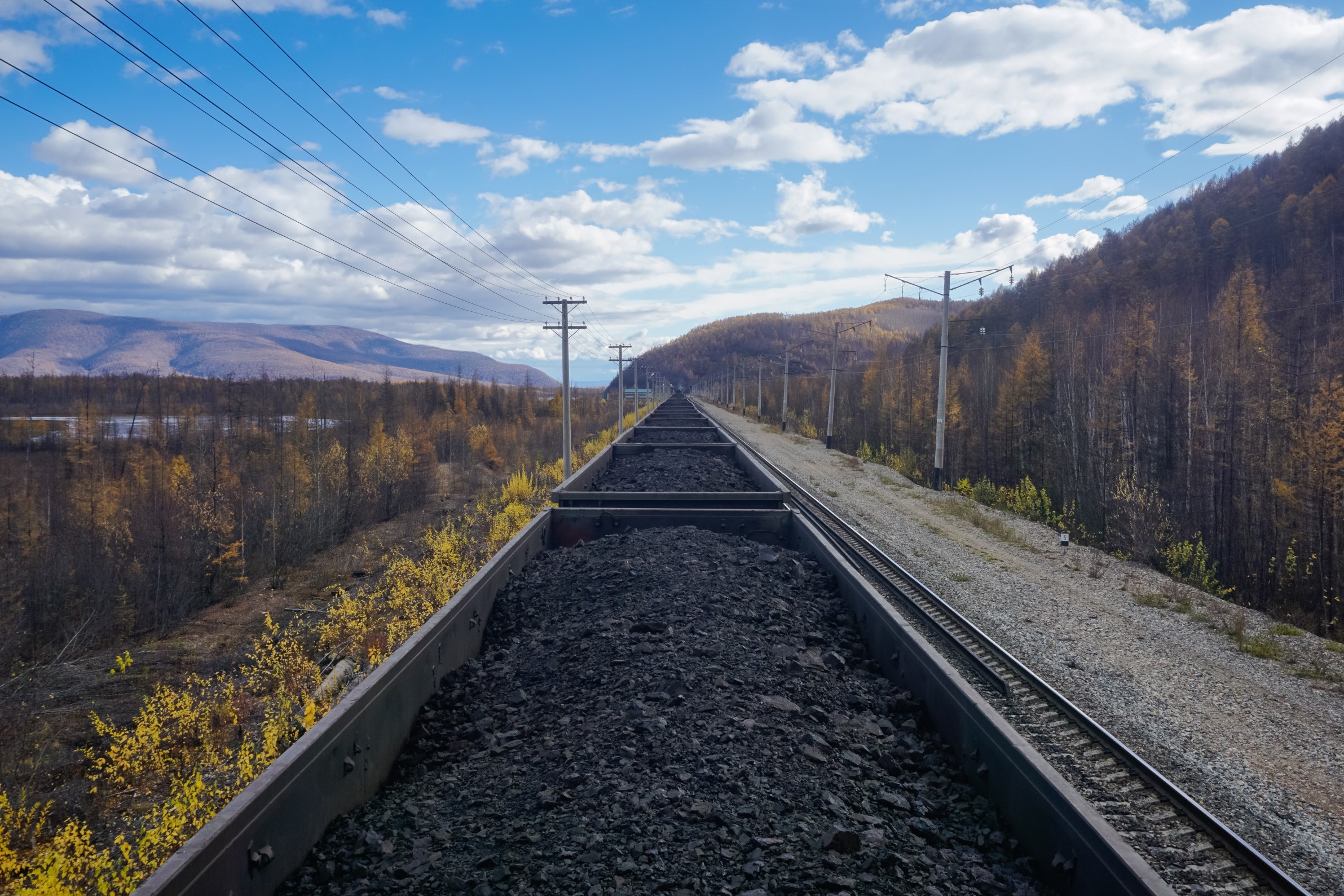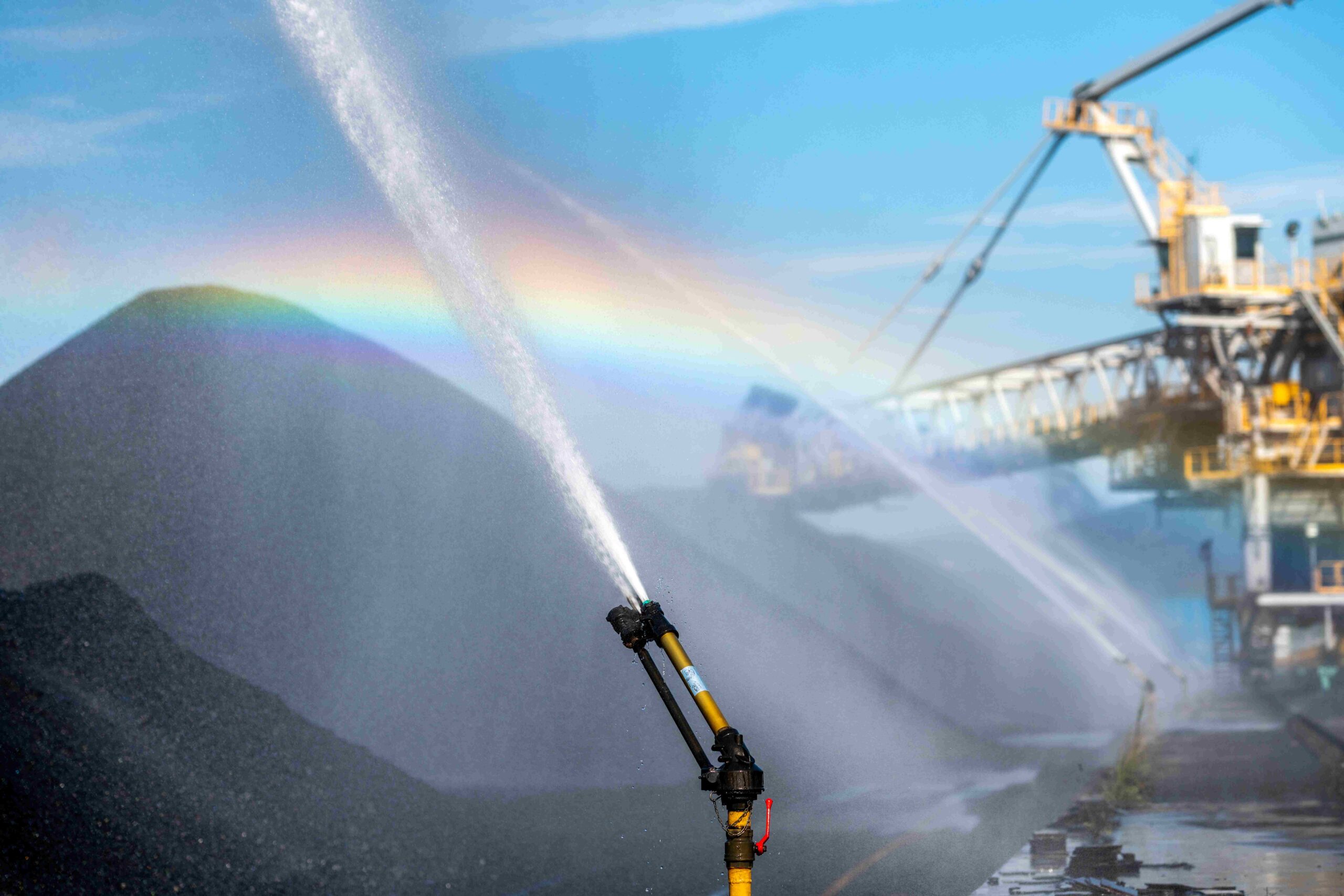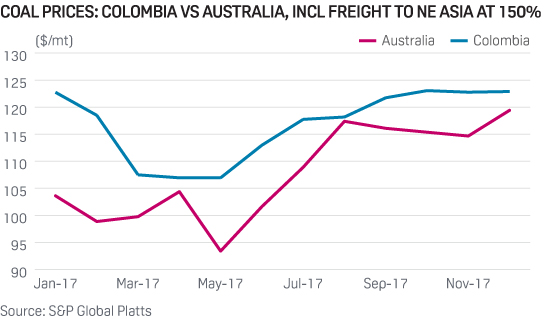
The front-quarter API 2 contract traded last at USD 45.80/t, down 6% from a week ago, while the front year eased 3% to USD 53.90/t.
Russian exporter Suek declared force majeure last week after a bridge collapse halted all coal railings to the key northwest export port of Murmansk. But shipments should partially resume on 23 June, via a detour rail route, and Suek has been actively seeking alternative outlets for its exports.
“It seems the risk premium associated with the supply outage is now narrowing,” said a coal analyst with a European energy firm. She noted high stock levels in Europe and weak power generator consumption had largely offset concerns of reduced Russian supply. “On top of this, there could be volumes available for replacement from other major Atlantic coal suppliers,” she added.
“We can see some volumes being diverted from Murmansk to other ports, including to ports on the Black Sea,” said a source at the Taman bulk cargo terminal, in southwest Russia. And on the Baltic, a spokesperson for Riga port said it could also potentially handle Suek’s supplies, if required. “If Latvian Railway agrees with Russian Railway to divert additional cargo to Riga, we have full capacity to accept and process those volumes,” she said.
Guillaume Perret, director of consultancy Perret Associates, said the Murmansk disruptions could equate to a 3-4m tonnes reduction in supply to Europe and the Mediterranean region for the remainder of the year. “[But] the potential loss could be relatively easily replaced by additional supply from other Russian exporters, Colombian material and healthy stocks in northwest Europe,” he added.
Stocks at four main Amsterdam, Rotterdam and Antwerp (ARA) coal import terminals were seen last at 5.84m tonnes, albeit 1.5% lower on the week and a three-week low.
“So far there are still vessels planned to arrive from Russia and no cancellations,” said a source at one import terminal. He mainly attributed the lower stocks to weakening seasonal demand from utilities.
“The Murmansk issue will only accentuate the downward trend of ARA stocks going forward,” said a dry bulk strategist with a trading house. “I expect ARA stocks will drop by more than 1m tonnes over the summer season,” he added.
An analyst with a European coal trading firm said however further prices losses would be limited, while uncertainty about the situation in northwest Russia remained. “I think API 2 for the spot will remain above USD 40/t for a while, as I have seen no indications yet that Russian exports have managed to reroute in a meaningful way,” he said, also pointing to declining ARA stocks. “This gives us a short-term price floor, but if gas prices were to continue to fall then this may need to be readjusted.”
He also cited the bearish influence of sliding oil prices this week, which are relevant for coal production and logistics costs. The benchmark Brent North Sea crude contract has dropped more than 12% on the week amid renewed concerns about flagging global demand and as crude inventories in the US climbed to a fresh record high. “I think oil’s decline this week has driven down gas prices, which [in turn] has dragged down coal,” the analyst said.
Source: MONTEL
Follow Montel on Twitter:
[tfws username=”montelnews” height=”700″ width=”350″ theme=”light” color=”#FAB81E” tweets=”2″ header=”yes” footer=”yes” borders=”yes” scrollbar=”yes” background=”yes”]



